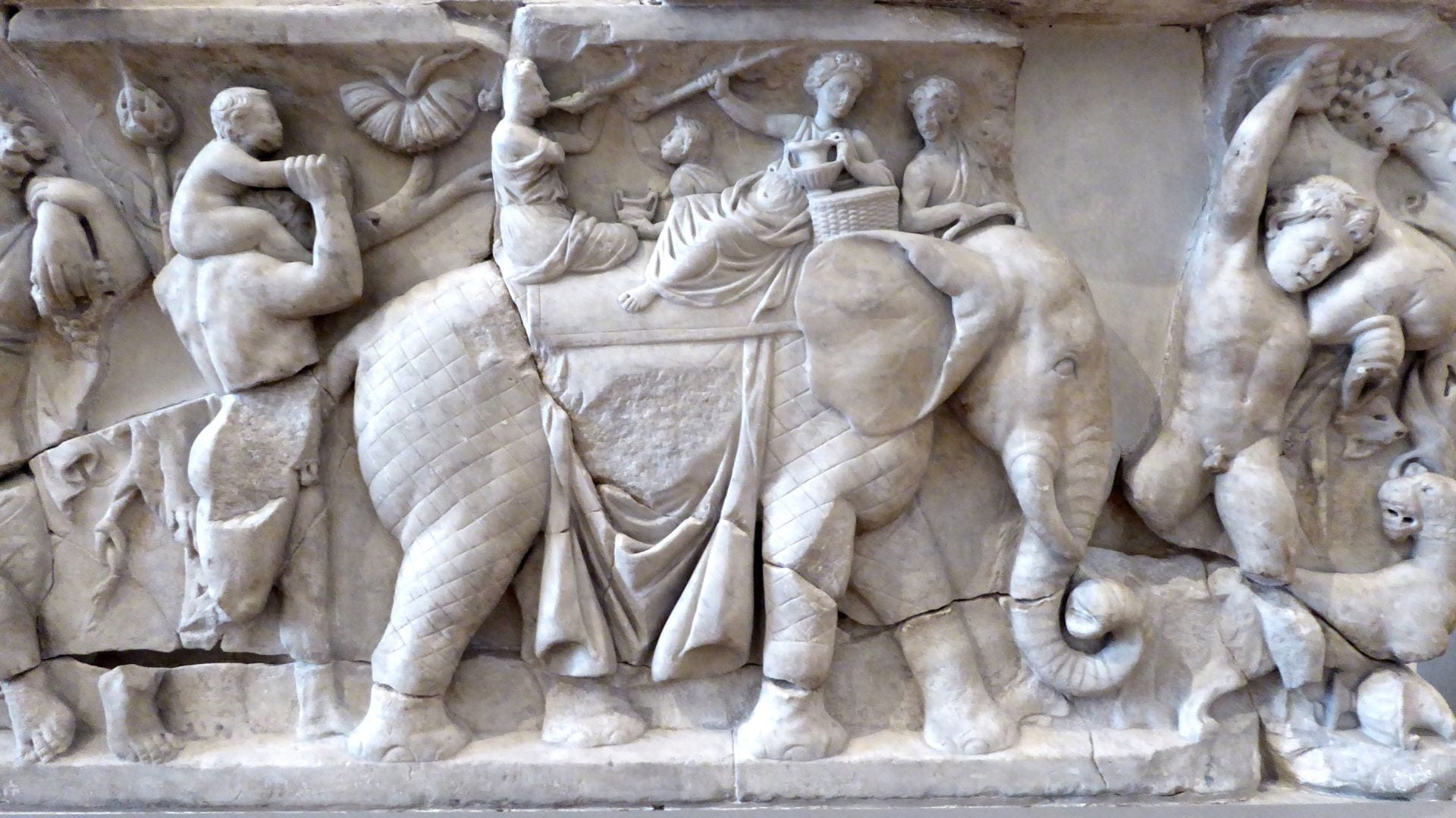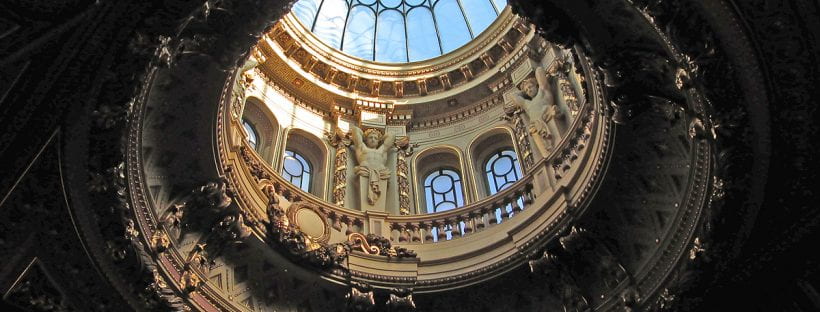We speak with former teacher and MML graduate Alison Giles who is Manager of Burwell Museum & Windmill

Name: Alison Giles
Degree course: MML
College: Jesus
Graduated: 2004
Why did you first choose to work in a museum?
My initial aim was to be a primary school teacher; I trained for that and did it for four years, but discovered that although I was very good at teaching history I didn’t have the same enthusiasm for all subjects! Working in museum education was a really good way of doing the bits of teaching I liked and helping to enthuse people of all ages about their own history and the history of world events.
What does a typical working day look like for you?
The working day really changes depending on what size of museum you work in and what your role is. At The Fitzwilliam Museum I was in the front of house team as a gallery attendant, so the day was very regimented; one hour in each room, with a different set of rooms every week. As an education officer at the Imperial War Museum at Duxford a typical day during school term involved delivering two or three education sessions a day to different school groups, often in costume and role. Outside of school terms I designed or tweaked sessions, made sure we had all the equipment we needed and researched new ideas and information for sessions. Now that I run a small museum (Burwell Museum & Windmill) there’s no such thing as a typical day – when the museum is open to the public I might be working in the entrance kiosk, giving windmill tours, conducting audience surveys or trying to work out how to fix the computer system! Non-visitor days are more of a management role, dealing with volunteers and trying to sort out endless health and safety legislation etc. Working with people is more fun, but the rest is necessary as well and there’s a certain amount of satisfaction in sorting out a filing cabinet or creating a plan.

Alison worked as a Gallery Attendant at The Fitzwilliam Museum for three years
What do you enjoy most about working in the heritage sector?
I love history, so it’s a real privilege to be working with historical objects and buildings all the time. It’s also great to be in a place where people come because they want to and because they’re interested in finding out more about a place or a topic. I’m also constantly cheered by the amount of effort people will put in to keep museums going – we’ve had a decade of austerity and still people are giving hours and hours of their time and sometimes significant amounts of money to protect and display historical objects. It’s amazing to work in a place where loads of people are working together to create something and everyone is there because they want to be.

Burwell Museum & Windmill, ten miles from Cambridge, which Alison now runs
Which skills have you found to be most important in your role?
This is always an interesting question – I have a Master’s Degree in Museum Studies which was very high-flown and theoretical, but actually the most useful things in my current job are the fact that I can count money quickly and accurately and make decent biscuits! My teaching skills are great when it comes to delivering sessions and talks and my research skills have helped me to move job several times and still have plenty of knowledge about the collections I’m dealing with at any given time. The skills which I would most like to have and am still learning are financial management, fundraising and marketing – every museum is looking for people who are good at those things.
